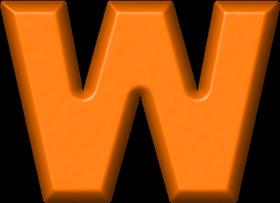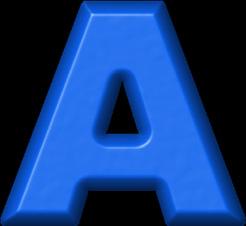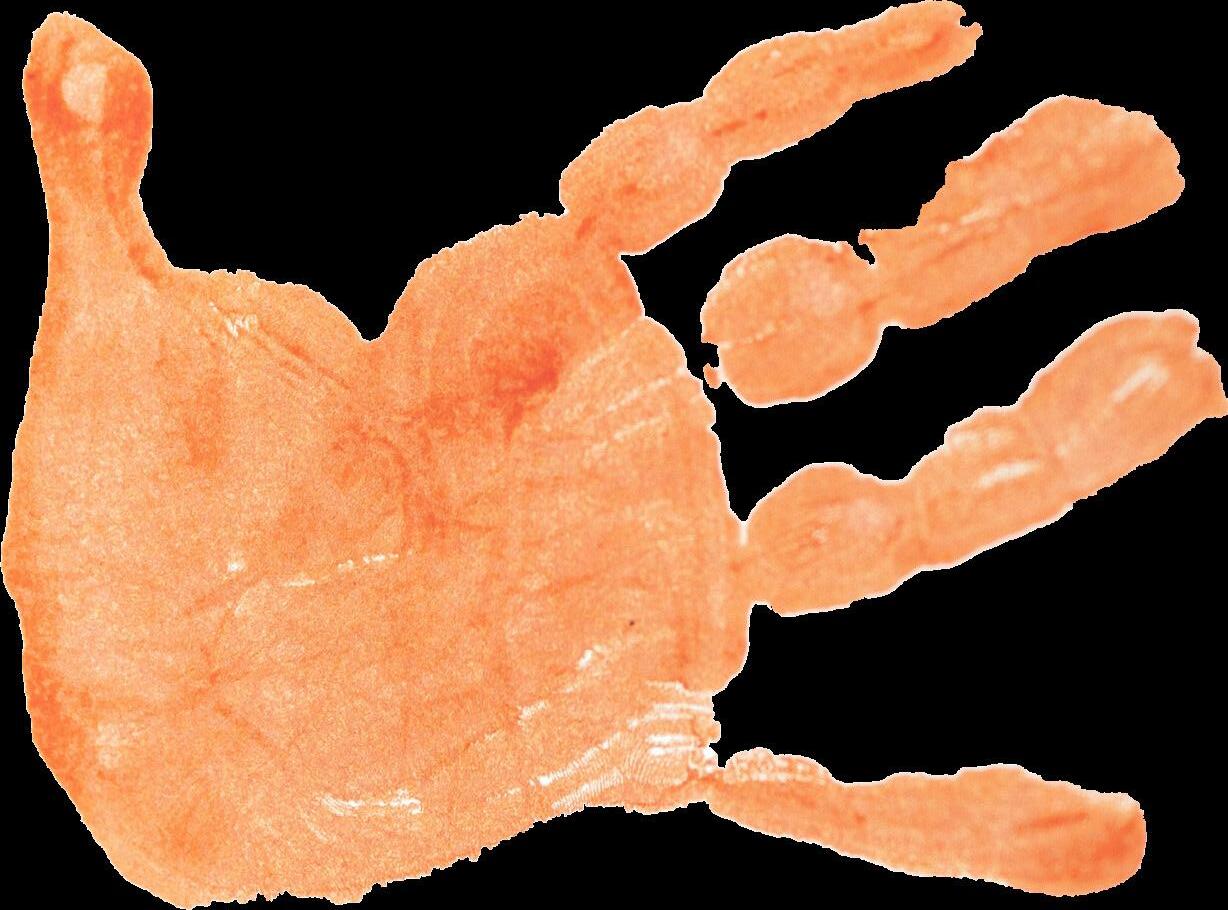
2 minute read
DEAR READER,
Picture this: 15-year-old Amanda. Wearing an Aéropostale T-shirt and skinny jeans, just a few years removed from braces. In a spiral notebook, she pens a long list of possible careers. Scrawls writer at the top.
When she hears her high school is starting a school newspaper, she is elated. She drags a friend to the informational meeting so she won’t be alone. But the classroom is empty. Nobody else is there. When the English teacher asks if she still wants to write, she hangs her head, quietly says no. There is no newspaper at her high school, no magazine of record. She wants to write, but she can’t do it alone.
Advertisement
I dreamed of being a journalist for a long time before joining the Observer, probably influenced by romanticized portrayals of the profession on screen. Thik Gregory Peck in Roman Holiday or Meg Ryan in Sleepless in Seattle. When you’re a fitional journalist, your job communicates complexity. You are curious, persistent, thoughtful. A little bit mysterious. I saw myself in this persona, or at least who I thought I might want to be.
But when I actually started to write for the Observer three years ago, I found journalism to be so much more. The act of writing true stories was unglamorous. It required tenacity, careful judgment, and a lot of late nights.
Thoughout the past several semesters, I’ve come to an understanding of journalism as a form of power. Writing, to me, is seizing power in a world that doesn’t want you to have any. At the Observer, we consistently tell stories against the better interests of incredibly wealthy, powerful institutions. There are many of these stories in this issue.
I know our magazine has power, because I see its impact everywhere. It looks like professors sharing a story on LinkedIn with their peers. A fist-year publishing their very fist Voices piece about an identity they’ve never spoken about before. A note from a reader who appreciated a reflction of themselves. The stories between these pages are discussed in classes, talked about at The Sink, and even posted in Tinder profiles.
There is a secret behind this power: It comes from the people. The 90-plus students who are committed to our mission, who write and edit so well, who create gorgeous art and designs. I didn’t have that community in high school. I’m glad I do now.


So here’s my promise for this semester: We will continue to tell the stories that must be told. We will pursue the truth, report with integrity, and never stop asking questions. We will uphold our publication’s mission to uplift arginalized voices and hold institutions accountable to the best of our ability.

And I’ll admit, the romantic notion of journalism is not entirely wrong. The Observer is not just powerful, but beautiful, too, both the painstaking process and glossy product. In “Goodbye to All That,” legendary journalist and essayist Joan Didion writes, “I liked all the minutiae of proofs and layouts, liked working late on the nights the magazine went to press, sitting and reading Variety and waiting for the copy desk to call.” Joan Didion always understands.
And now for some thanks: To Melanie, I am beyond thrilled to be working together this semester. When we sat next to each other that very fist evening as copy editors freshman fall and wrote our fist article together the next spring, I never dreamed that we would end up being co-editors-in-chief, housemates, and most importantly, best friends. I could not imagine these past four years without you; your dedication, brilliance, and strength inspire me every day.
To Juanita, the Observer is endlessly lucky to have you; your leadership is invaluable, and there’s nobody else I would rather spend layout with. To Anna and Angela, I am thrilled to see more of your beautiful designs this semester. To Josie, thank you for showing me how to run this magazine so long ago. To the rest of the Observer’s staff thank you for your passion, talent, and many missed hours of sleep. Each and every one of you brings something special to our publication. And fially, to our readers, thank you for everything. Without you, our work would mean nothing.
Love, Amanda










